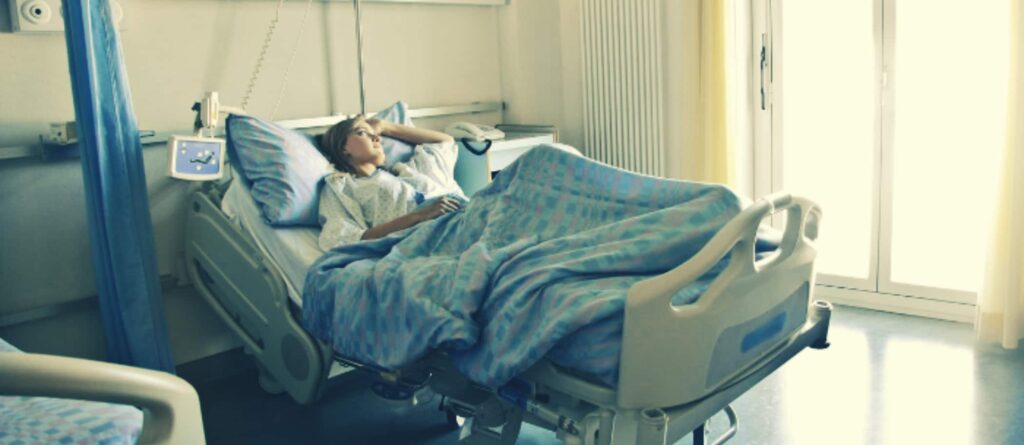An overdose happens when a person takes more than the recommended dosage of a medication or a drug. Many overdoses result in death and many have led to complications that can destroy a person’s body, mind, and life.
Unresolved pain, of whatever kind, is serious and usually the culprit behind activities that lead to an overdose. Both psychological and physical pain cause a person to self-medicate with drugs and alcohol. The chance of an overdose increases each time a person uses. But, what is an overdose?
Overdose
Many overdoses can happen without intention, which is called an accidental overdose. Accidental overdoses occur most often because a person doesn’t know, from day to day and moment to moment, how much of the drug they can take without serious and deadly complications.
The more a person ingests a drug, the higher their tolerance is for the drug. Each person’s body chemistry is different and so tolerance is not an exact science. A person’s tolerance increases quickly when the drug is used every day, multiple times a day, and much above what is, or would be, suggested by a doctor.
A person then has to take more of the drug for it to work or for them to feel high. Their bodies become dependent on the drug, leading to addiction and an increased chance of an overdose. Awareness of the signs and symptoms of drug addiction as well as that of an overdose can save a life.
Overdose Signs And Symptoms
An overdose can happen the first time a person uses a drug just as well as the last time. Many of the signs and symptoms of addiction and overdose are the same. Indications of abuse and overdose include, but are not limited to:
- shallow breathing
- dilated pupils
- chest pain
- slowing heart rate
- difficulty with balance; unsteady gait
- seizures
- confusion
- unconsciousness
- death
Check for a bluish tinge in their extremities due to the inability of blood and oxygen to circulate as well as clammy and cooler skin. Extreme drowsiness or psychotic delirium can also be present. Any choking or gurgling sounds coming from the person’s throat are a bad sign.
So, what do you do if this ever happens?
What Can You Do In Case Of An Overdose?
Call 911 immediately. Whether you, a family member, or even a stranger seem to be having an overdose, always call for help first. Administer CPR and Naloxone if the situation warrants it and if you are unaware of how to do it, the 911 operator is equipped to walk you through the procedure.
If you are the one beginning to suffer from an overdose, please tell the operator what you took and answer their questions to the best of your ability. Stay calm and assess the situation.
If the person overdosing can speak, find out what they took. If they are not, be aware of your surroundings because the cause may be nearby. Collect any drug paraphernalia or pill bottles you can find and take them to the ER with you.
No matter what, keep an eye on the person’s blood pressure, heart rate, and breathing. The need for CPR can come at any time. A person who is overdosing needs to be laying on their side to prevent choking due to any vomiting. No matter what, the occurrence of an overdose is a clear sign that therapy and rehabilitative treatment is needed.
Effective And Essential Addiction Treatment In Fresno, California
The most important thing anyone can do after an overdose is to find a treatment center or rehab to address the root causes behind addiction and desire for drug abuse. Many drug users are self-medicating due to instances of untreated anxiety, depression, and PTSD. Much of these psychological disorders have a cause that can be treated or managed.
A plan for overcoming emotional and psychological distress can be created by a compassionate and knowledgeable team dedicated to complete recovery. Therapy and rehabilitation can help, and First Steps Recovery is known for standing by your side, from beginning to end.
First Steps Recovery
First Steps Recovery has detox programs for drugs and alcohol that begin on our first phone call and several options of inpatient residential rehabilitation courses that are both holistic and evidence-based to get you the most comprehensive and long-lasting help available. Our personalized Intensive Outpatient Program allows you, or your family member, to further their growth on their time, without an intrusion in their daily responsibilities.
We also love for our alumni to stay connected with us, come to our meetings, and gain inspiration while inspiring others. Our doors will never close to you.
We are here to guide you toward healing your soul so that you can live your best life, a meaningful life, and not one filled with constant anxiety and the disabling fear of relapse. Reach out to us for the help you seek. Recovery from addiction is possible at First Steps Recovery, and we would love to take your call.







